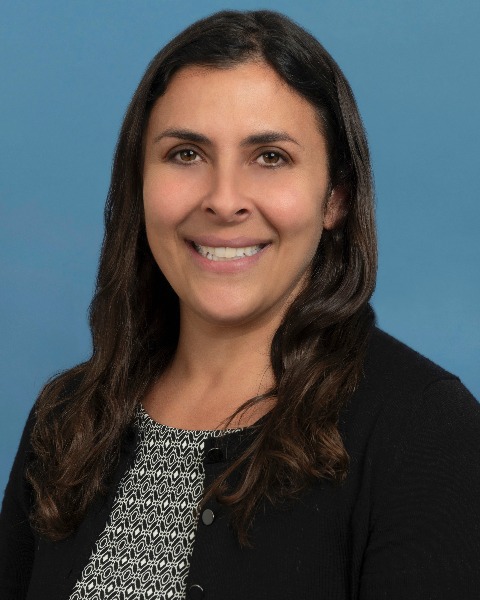Symposia
Research Methods and Statistics
4 - (SYM 127) Using a New Conceptual Framework for Measuring Active Elements of Cognitive-behavioral Therapies to Support Idiographic (and Nomothetic) Targeting in Precision Digital Therapy

Zachary D. Cohen, Ph.D. (he/him/his)
Assistant Professor, Department of Psychology
University of Arizona
Tucson, Arizona, United States- NB
Nora Barnes-Horowitz, M.A. (she/her/hers)
Graduate Student
University of California, Los Angeles
Los Angeles, California, United States - CF
Courtney Forbes, PhD (she/her/hers)
Postdoctoral Scholar
UCLA
Los Angeles, California, United States - NC
Nathaniel Choukas, BS (he/him/his)
Graduate Student
U Arizona
Tucson, Arizona, United States - TC
Torsa Chattoraj, MA (she/her/hers)
Lab Coordinator
U Arizona
Tucson, Arizona, United States 
Kate Wolitzky-Taylor, Ph.D.
Associate Professor
UCLA School of Medicine
Los Angeles, California, United States
Michelle G. Craske, Ph.D.
Professor of Psychology, Psychiatry and Biobehavioral Sciences
University of California, Los Angeles
Los Angeles, California, United States
Speaker(s)
Co-author(s)
Recent advances in computational models of psychotherapy processes (e.g., Ryan et al., 2023) and idiographic approaches (including network models of intensive longitudinal data) have demonstrated the potential for person-specific models (e.g., Fisher et al., 2019, BRAT) to deliver truly data-driven treatment personalization. Unfortunately, few existing approaches have leveraged empirical associations between therapy processes and patient outcomes, in part because suboptimal measurement of active ingredients of psychotherapies has made such findings difficult to identify. To address this barrier, we developed a novel conceptual measurement framework focused on the delivery, receipt, and application of the active elements of psychological therapies, which we then implemented withing the UCLA Depression Grand Challenge's Screening and Treatment for Anxiety and Depression (STAND; Rosenberg et al., 2022; Wen et al., 2023) Digital Therapy program–a modular, transdiagnostic digital therapy designed to address a variety of common mental health problems via packages of 6-8 weekly online CBT-based modules accompanied by a smartphone toolkit comprising over 40 therapy techniques. Using data from studies in which participants received this treatment either through a pilot implementation (N=224) or as part of an ongoing randomized clinical trial (ALACRITY Study; current N=186), this presentation will illustrate how intensive longitudinal data (ILD) generated in the context of personalized digital therapy can support both nomothetic and idiographic precision treatment approaches. A variety of data types are available across all participants, including symptom measures, module engagement, subjective and objective learning probes, tool use, process data (e.g., changes in cognition/behavior), with additional ILD (EMA, passive/sensor data from iPhones and Apple Watches, Neureka neurocognitive tasks repeated weekly across acute tx) being collected in a subset of the ALACRITY participants enrolled in an add-on sensor pilot study. Using methods that can integrate these multimodal data sources (including Dynamic Structural Equation Modeling [DSEM] in MPlus), the presentation will demonstrate how nomothetic and idiographic predictive models can support precision treatment.

.png)
